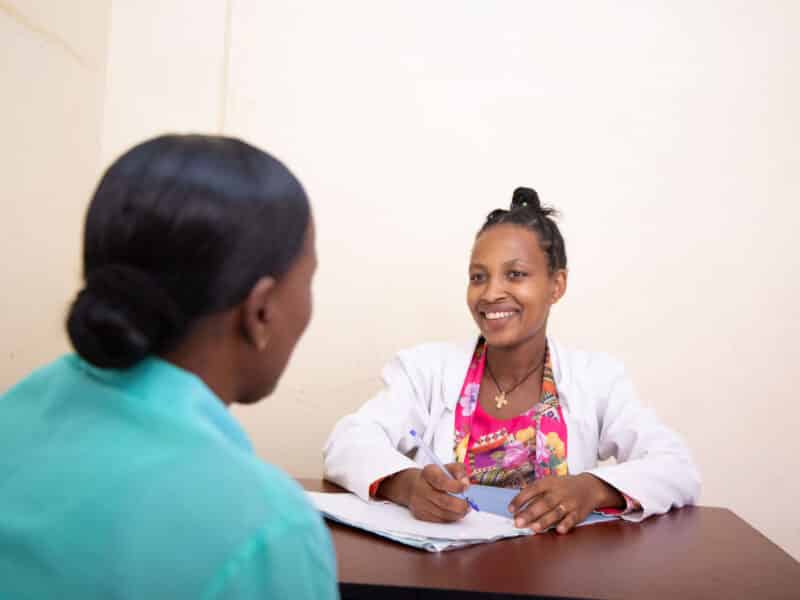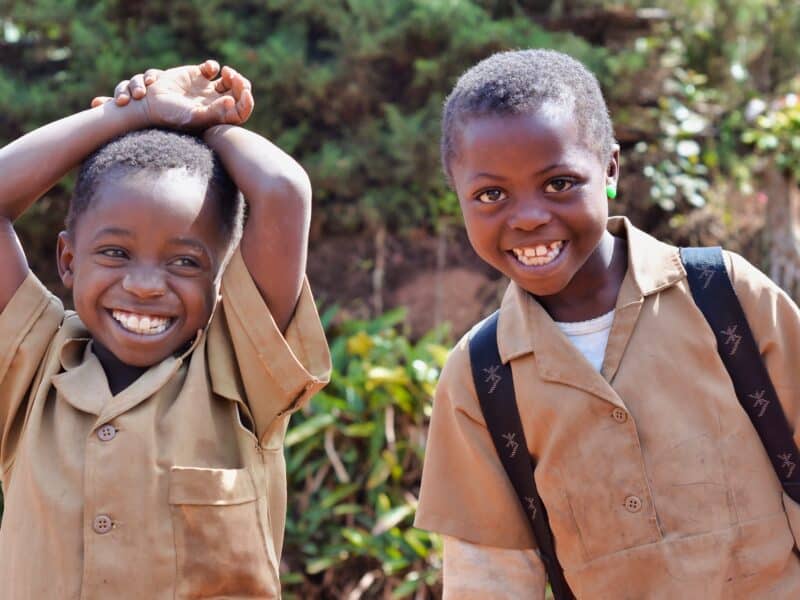As 2022 comes to a close, it’s time to reflect on the year that was for the Johns Hopkins Center for Communication Programs. The COVID-19 pandemic has shown some signs of slowing, but a great deal of CCP’s work this year has remained focused on the disease that has killed more than six million people globally since 2020.
CCP worked in Baltimore to create a story book to reach “kids and their grown-ups” to spark conversations about the pandemic and vaccines; tackled vaccine hesitancy in many countries in Africa and Asia; tried to combat rumors that led to dangerous COVID misinformation in Guyana, Cote d’Ivoire and more; engaged religious leaders in Africa to help keep their congregations safe from COVID; and helped bring vaccines to young people in Mozambique.
As has been the case in the nearly 35 years in CCP’s history, our work continued to lead the way in many other topic areas and approaches in 2022, with some successful programs wrapping up and others just getting started.
As we eagerly await what is in store for 2023, here’s a review of the Top 5 CCP blog posts for 2022:

Philippines Readies for Back-to-School with COVID Prevention Campaign
April 25
With most schools in the Philippines closed since the start of the COVID-19 pandemic in March 2020 and distance learning challenged by a number of factors, the Johns Hopkins Center for Communication Programs-led Breakthrough ACTION project is working with the government to get children ready to resume face-to-face classes.
There are 27 million students in primary and secondary schools and just six million have returned to the classroom. Online education is limited because many people in the Philippines can’t afford computers or internet connections that are vital to remote learning.
To prepare for a nationwide reopening of schools – which is now slated for August or September 2022 – CCP has partnered with the Philippines departments of health and education to create a “prevention mindset” among teachers, parents and their children to be ready to safely return.
“With our updated campaign, we hope to create an environment where kids and the community are working together to stay safe from COVID, especially when face-to-face learning resumes,” says Cathy Church-Balin, CCP’s country representative in the Philippines. “The learning losses have been tremendous, and these children have missed out on so much.”
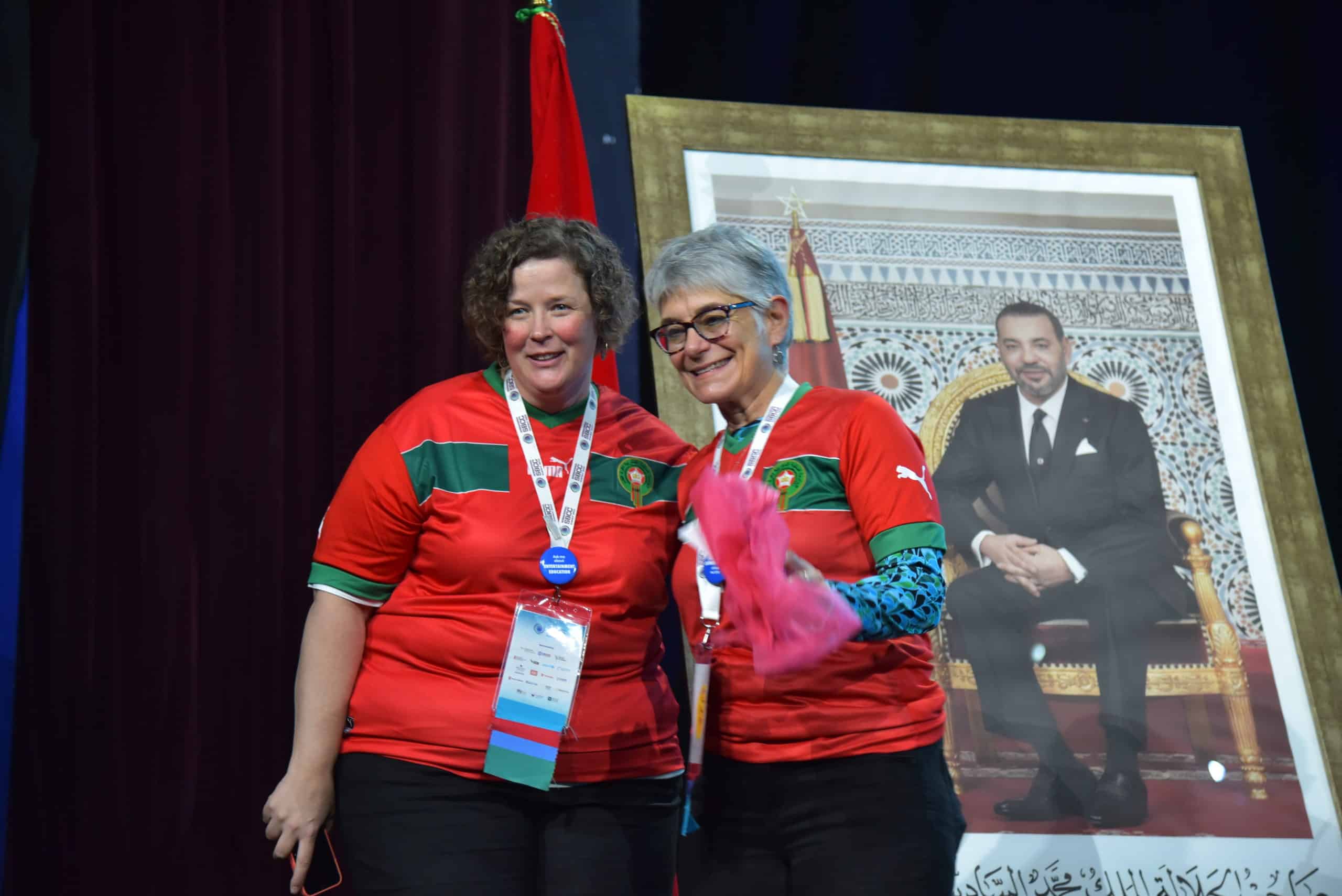
After 2022 International SBCC Summit, ‘The Work Continues’
December 13
With music and impromptu dancing, the 2022 International Social and Behavior Change Communication Summit wrapped up on Friday, capping a week of innovative presentations, conversations about new approaches and catching up with old friends and new.
“I promised you a unique and extraordinary week,” the Johns Hopkins Center for Communication Programs’ Jane Brown, co-chair of the organizing Secretariat, told the crowd assembled for the closing ceremony. “And it has been a unique and extraordinary week, and it’s all due to you, so thank you so, so much.”
“This is just the end of the Summit,” said UNICEF’s Rafael Obregon, a member of the Secretariat. “The work continues.”
The 2022 Summit welcomed nearly 1,800 practitioners, researchers, donors and communicators from around the world to Marrakech, Morocco, a moment that had been delayed by almost three years because of the COVID-19 pandemic. The participants not only learned about the latest in SBCC and contemplated its future, but were buoyed by the chance to finally see colleagues in person.
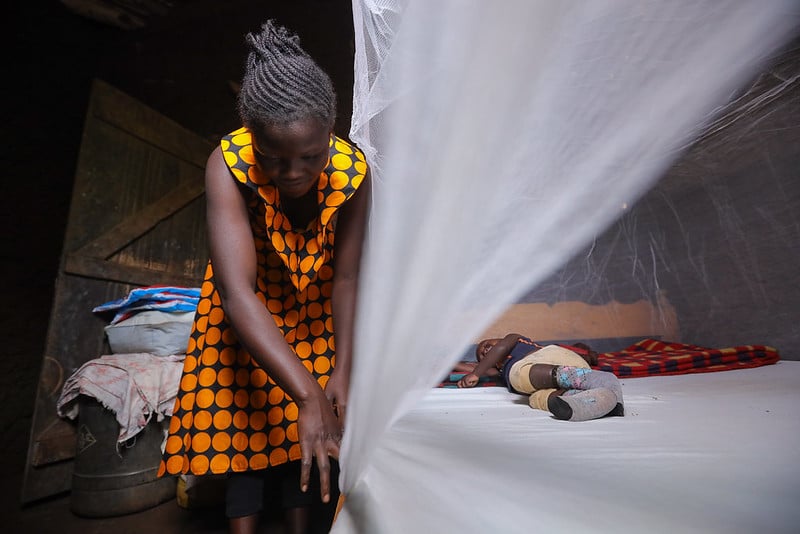
CCP Gets $17 Million to Prevent Malaria and Improve Treatment in Mozambique
September 27
USAID has awarded a five-year, $17 million project to the Johns Hopkins Center for Communication Programs to use social and behavior change (SBC) to prevent malaria and improve treatment in Mozambique.
As part of the project, “Fighting Malaria with Social and Behavior Change,” CCP will work with two local organizations – h2n, which has extensive community radio networks in the country, and Tchova-Tchova Association for Community Programs – as well as the government of Mozambique.
Drawing from its extensive evidence base, CCP hopes to strengthen the abilities of Mozambicans to promote healthy behaviors, organize communities to effectively analyze and use data to design and evaluate SBC interventions.
Despite large reductions at the beginning of the 21st century, there were still an estimated 241 million malaria cases and 627,000 deaths in 2020, mostly in children in sub-Saharan Africa.
Malaria is considered the most important public health problem in Mozambique where, according to the U.S. President’s Malaria Initiative, it accounts for nearly one-third of all deaths and 42 percent of deaths in children under five.
The entire population of 31 million is at risk of malaria, though it is more pronounced in the northern and central regions where the weather is hot and wet – prime conditions for mosquitoes. Roughly 23,700 Mozambicans died from malaria in 2020.
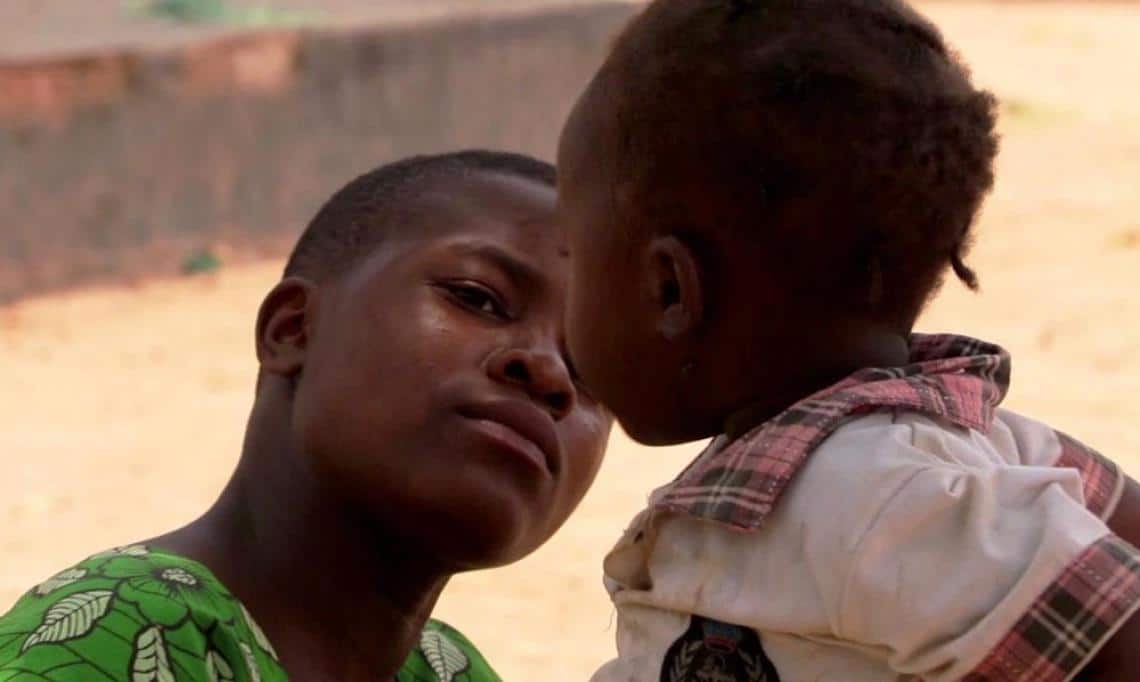
CCP Finds Success in Reducing Child Marriage in Malawi
September 19
In Malawi, 42 percent of girls are married before their 18th birthday, with 9 percent married before they turn 15. With the help of the Johns Hopkins Center for Communication Programs, that is slowly changing.
The CCP-led Breakthrough ACTION-Malawi project has been working with religious and traditional leaders and community members to not only raise awareness about how detrimental marriage and early pregnancy are to a girl’s future, but to find ways to annul some of the marriages that have already taken place. The work of local leaders has helped rescue female victims of child marriage and return them to school. Child marriage is illegal in Malawi, but it still persists.
In the district of Chikwawa, for example, one of the two districts where Breakthrough ACTION is working, 184 marriages were annulled from January 2021 to March 2022, and 104 girls were readmitted to school. In the district of Machinga, where Breakthrough ACTION also works, the proportion of female child marriages annulled increased steadily while the project was operating, from 58 percent in 2019 to 68 percent in 2021.
Evidence has shown that girls under 18 are not ready to become wives and mothers and are more susceptible to domestic violence. Child marriages increase the risk of early pregnancy which can lead to complications during pregnancy and childbirth, and maternal mortality. Girls who marry early often drop out of school and miss out on life skills to become economically productive adults.
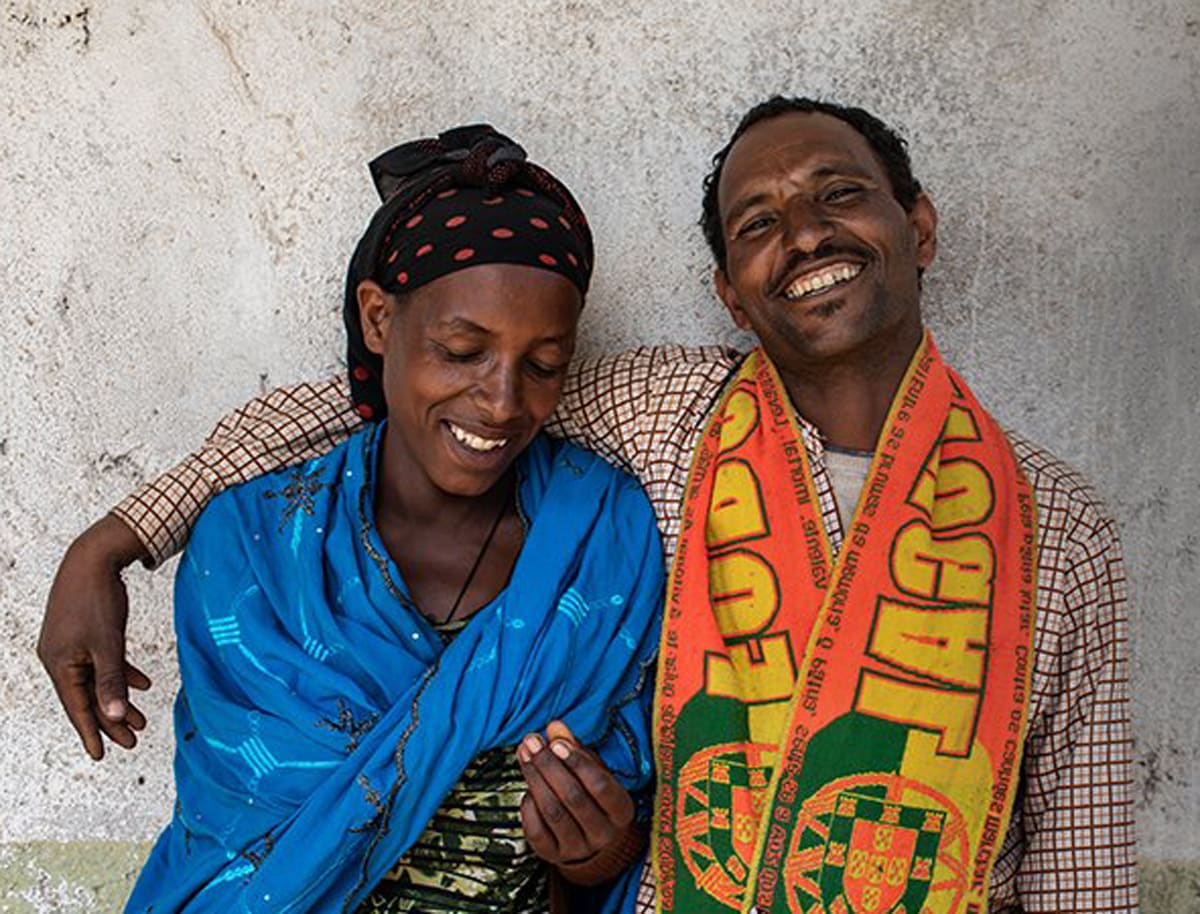
In Contraception, Who Really Makes the Decisions and Why it Matters
August 22
While couple communication is a key to uptake of modern contraception in Ethiopia, researchers say such communication is hindered by gender norms that ultimately let the man be the primary decision maker.
In a study using survey and interview data and published last month in the journal Reproductive Health, researchers found that while many women initiate conversations about reproductive health, men are ultimately making these decisions themselves. The research finds that only truly equitable communications – where men and women each have a true say in what happens – will improve health outcomes for women.
“Many times, women initiate discussions, but the man makes the final decision,” says the Johns Hopkins Center for Communication Programs’ Nandita Kapadia-Kundu, the first author of the new study. “If a woman wants to use an IUD and her husband wants her to use the contraceptive pill, she will use the pill.”
Data indicate that male-dominated decision making is a common norm, as is a pattern of inequitable couple communication in rural Ethiopia. Using a gender lens facilitated the identification of low decision making by women. The researchers found that couple communication can only work if there is a more nuanced understanding, such as asking whose opinions count, who defers to another’s decisions and what the consequences are if the couple disagrees.


